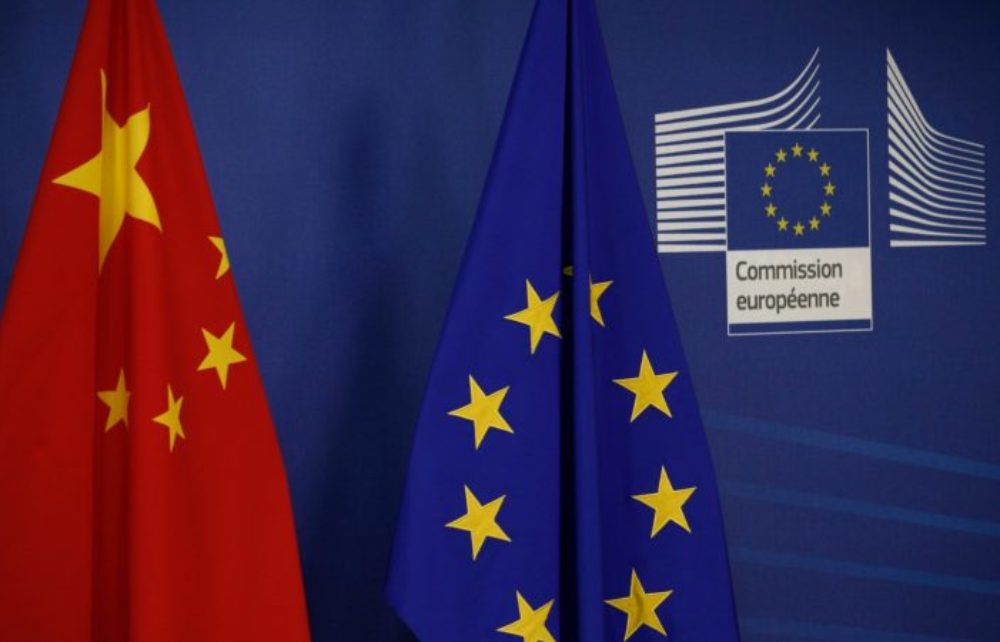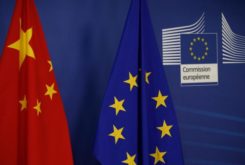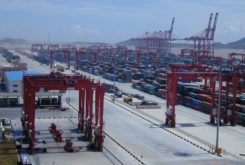European countries are fast-tracking their efforts to reduce risks and vulnerabilities vis-à-vis China, according to a new study from european think-tank MERICS.
“From inbound investments to exports, the security implications of economic interactions with China have become increasingly present in the thinking of member states. Chinese coercive measures against European countries and its support for Russia have accelerated national and European efforts to de-risk with a series of non-country specific instruments”, MERICS says in the study “Profiling relations of European countries with China”.
“This includes, among others, the development of national foreign and direct investment screening mechanisms, 5G regulations, and updated export controls regimes”, it adds.
According to the Germany-based think-tank, there is no return to business as usual in the European approach to engaging China.
“Through the release of national China strategies or Indo-Pacific strategies or a complete review of bilateral relations, many countries have adjusted their engagement with China. China’s lockdowns during the pandemic, its position on the war in Ukraine and an increasingly assertive behavior in Europe have transformed national debates on China”, it says.
“European countries have become more realistic and pragmatic in dealing with China. The countries considered have embraced the EU’s multifaceted approach. There is a clear perception that countries can increase their trade and economic relations while developing strategies to better protect their economic security, national security and the safety of their citizens. European countries must deal with the question of divergent values with China which have spread across all areas”.
‘Visible shift’ in the framing of China by the European Union
MERICS’ country profiles show that there is no correlation between the degree of economic integration with China and the capacity to develop defensive instruments and better deal with risks. “Europe’s vulnerabilities lie where economic interdependencies and trade are high”, it says. The cases of France, Germany and Italy highlight the correlation between dense and intense trade and economic relations with a high degree of vulnerabilities.
According to the study, Taiwan has become a topic for European countries. “The case of coercion against Lithuania and European support for Ukraine in its war against Russia have led Taiwan to emerge as an issue in the national debate. China is increasingly sensitive and reactive to European behavior on Taiwan”.
European countries, it adds, have difficulties to address the gap in China knowledge. “While several countries have developed national strategies to address the issue, Europe lacks independent China-expertise and capacity. This leads to difficulties at the national level to develop a fact-based view of China. As a consequence of the Covid-19 pandemic, Chinese tourists and research delegations have deserted Europe, further diminishing direct interactions between the two sides’ civil societies. European perceptions of China in the past four years have been deteriorating”.




